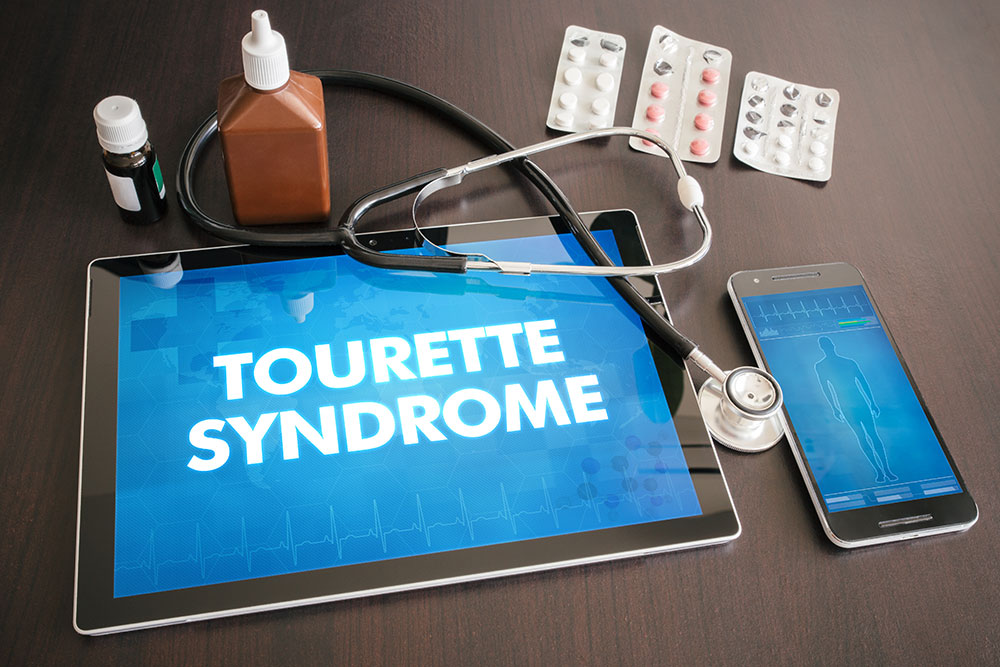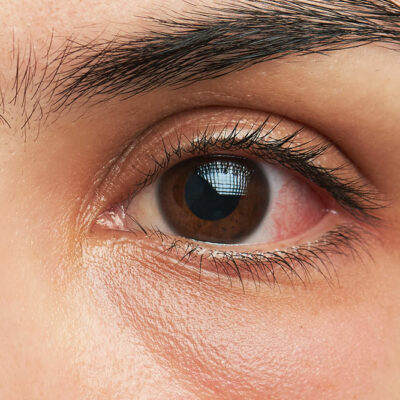
A brief guide to Tourette syndrome
Tourette syndrome is a nervous system disorder that causes people to make sudden sounds or movements called tics. These movements are not under their control. This uncontrollable behavior varies in different people, some may blurt out words unintentionally, while others may blink or clear their throats repeatedly. Repeated involuntary physical movements and vocal outbursts are characteristic of Tourette syndrome.
Around 100,000 people in the country have Tourette syndrome, but some may only have a mild form of this condition. This nervous disorder begins in childhood, and it affects boys more than girls. As children grow up, the symptoms usually get better, and for some people, they may disappear completely.
The tics of Tourette syndrome are usually caused by abrupt, intermittent twitches of a group of muscles. The most common types of tics are grunting, blinking, sniffing, clearing throat, head movements, grimacing, shoulder movements, and blurting out words. The symptoms of this disorder usually appear between the age of 3 to 9 years. Most of the times, they begin as muscle tics in the head and neck. As the syndrome progresses, the tics may appear in the trunk and limbs.
Causes of Tourette syndrome
The exact cause of Tourette syndrome is not known. People with Tourette syndrome may either have a motor or a vocal tic. The symptoms may worsen due to anxiety or stress. This syndrome is highly complex and involves abnormalities in various parts of the brain and the nerve circuits that connect these parts. The chemicals responsible for the transmission of brain impulses may also be involved. Research suggests that this may be a genetically acquired syndrome.
Treatment for Tourette syndrome
The treatment of Tourette syndrome depends on the severity of symptoms. People with mild signs of the disorder may not require any treatment. But if the symptoms are severe enough to cause physical harm, there are several treatment options available.
Therapy: Behavioral or psychotherapy are usually followed for treating this syndrome. This type of therapy involves one-to-one counseling with a licensed mental health professional. A similar therapy is followed for treating other disorders like obsessive-compulsive disorder, attention-deficit/hyperactivity disorder, and anxiety. Psychotherapy sessions like hypnosis, relaxation technique, deep breathing exercises, and guided meditation help in mitigating the symptoms of the syndrome. Behavioral therapy involves cognitive behavioral intervention, competing response training, and awareness training for tics.
Medication: There are no specific medicines for treating Tourette syndrome. Sometimes, the doctor may prescribe medicines to regulate neurotransmitters. Botox injections are also used to control simple tics.
Neurological treatments: Deep brain stimulation is a neurological treatment suggested for severe symptoms of Tourette syndrome. A battery operated device is used to stimulate parts of the brain that control movement. This device may be implanted in the patient’s brain. The pros and cons of such methods must be discussed with a medical practitioner before going in for this treatment.
Apart from all these treatment methods, acceptance at home and support from the family go a long way in treating people with Tourette syndrome.


